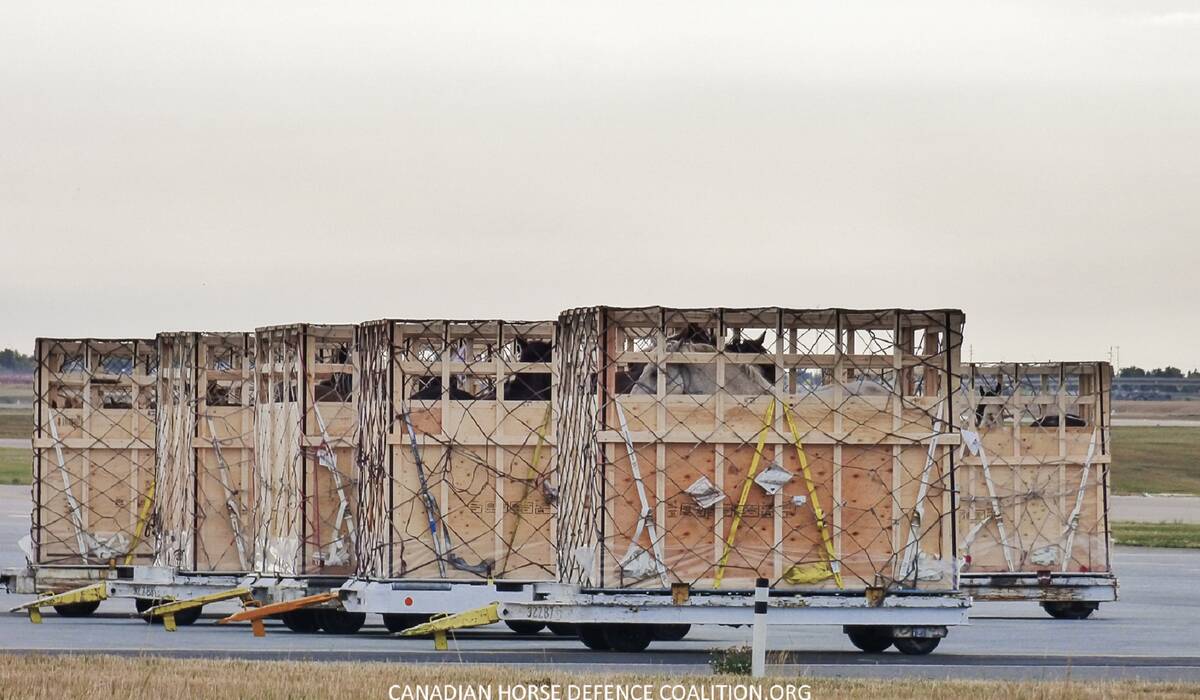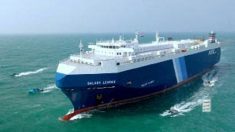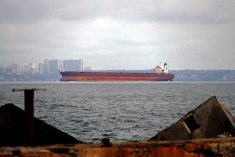Pulse Canada alleges container shipping lines are acting as a cartel to maximize profits at the expense of the world’s shippers.
“They clearly see how this works now and they are getting smarter collectively as a group,” Greg Northey, Pulse Canada’s vice-president of corporate affairs, said in an interview Aug. 30.
“They are absolutely controlling that supply (of containers). They could be profitable doing backhauls and servicing exports, but collectively they are making that decision where they are just going to maximize that profit.
Read Also

Horse welfare trial begins in Manitoba
Private prosecution of Manitoba horse farm, based on a 2022 horse export shipment, awaits judge’s verdict after two-day trial in Winnipeg.
“It’s not just containers. They are doing it with their ships. They are cancelling routes. We even have less routes available to us now to the Indian subcontinent.”
In recent years the number of container lines has gone from around 50 to 10, Barry Prentice, a University of Manitoba professor of supply chain management, said in an interview Sept. 3.
“They have a fair share (of the market) especially on certain routes,” he said. “If this persists too long I think nations will start to take a harder look at… what is a cartel.”
Container companies have worked together for years setting rates and volumes, he said.
“It has never been a problem for the last 50 years because there has been such growth… and the rates have been continually dropping in real terms so all the countries have been willing to ignore this cartel activity,” Prentice said. “Whether that will continue is a question as all it requires is a couple of big players like the U.S. or Europe to say, ‘enough of that,’ and that will stop.”
While the container lines act as a cartel, Prentice isn’t certain it’s the cause of high container rates. The market naturally fluctuates, he said. Old-fashioned supply and demand could be a bigger factor.
“This really is a classic case of fronthaul, backhaul rates,” Prentice said. “If the fronthaul is just way too much then there’s no incentive for a backhaul. Just take a round-trip rate and go with it. And get another one, and another one and another one. As I always tell my students, the three most important words in transport are all the same word: utilization.”















